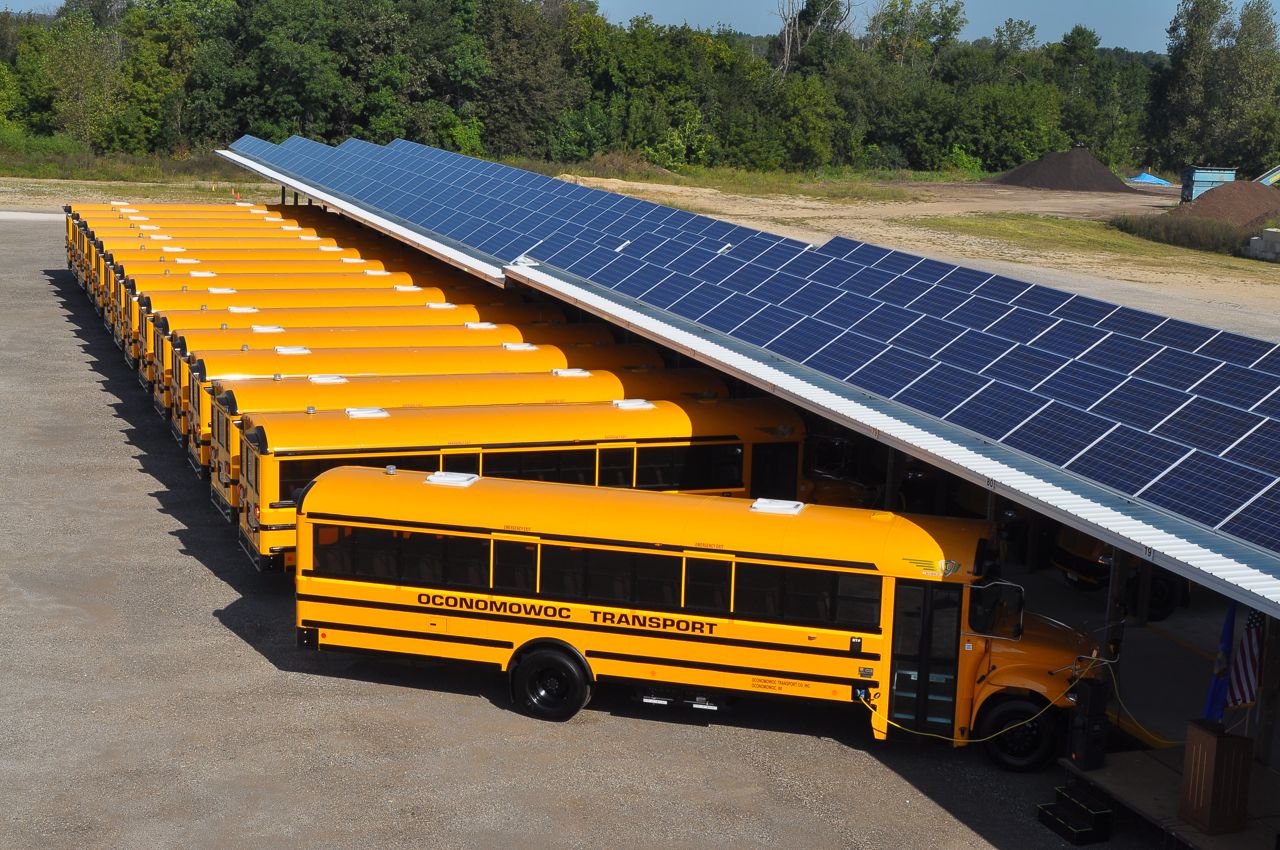There's nothing wrong with the concept of using solar panels to charge an electric car.
In fact, I've played around with that, not only charging my electric motorcycle with solar panels, but also using it as a battery backup in case of blackout at my house!
The main issues that I see with direct solar charging are:
1) The general population always seems to think that one tiny solar panel on the roof of an electric car will propel it infinately. The only thing that drives is me crazy!
2) An electric car could basically be the battery pack of what would otherwise be an off-grid system. The car needs to be at the solar panels when the sun is shining. Otherwise, without the vehicle there, and no batteries to charge the solar panels aren't doing a darn thing.
Many folks have office hour day jobs, so unless all that solar was at their work-place, it doesn't do much good. (Would work great for farmers, home-based businesses, etc.)
The other way to go is with grid-tie and net-metering, and charge your car from the wall. Essentially, you are still getting renewable energy into your car, but it doesn't matter WHEN your car is there and plugged in. And the solar panels are ALWAYS creating usable energy, as long as the sun is shining.
The EV could still be setup as a power source in case of blackout. The only time that grid-tie systems DON'T work is in a blackout. But (at least at my house,) there are far fewer blackouts than times that the EV isn't parked in the driveway during the day.
For a big setup, I would say grid-tie is the way to go. For a small setup, used at the right time, a solar-panel direct to an EV could work well, and avoid the cost/hassle of current grid-tie requirements.
Here's an example of a large EV/Solar setup a few miles from my house.

That's all grid-tie. The busses are plug-in hybrids, which charge from the wall power. That way they are charged up for first thing in the morning. They recharge after the morning bus pickup and again after the afternoon drop-off. The panels are sized for an annual net-zero KWh production (the average solar panel production for the year equals the annual bus power used in the year.)